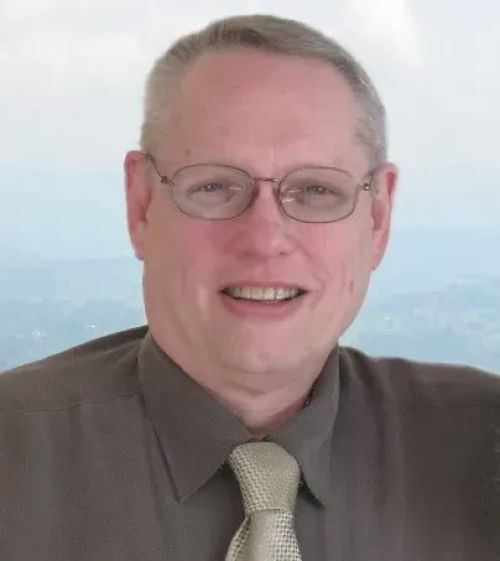Inclusive Education in Action
Disability and inclusion advocate, David Anderson, Ed.D. recently spoke at Calvin College on special education and inclusion. While he was in Grand Rapids, we invited him to tour Grand Rapids Christian Schools to see how schools can support and enable students at all levels of ability. After his tour, Dr. Anderson gracious agreed to share his thoughts and observations with us.
Interdependent
On January 21, it was my privilege to visit Grand Rapids Christian Middle and Elementary Schools to observe first hand how inclusion is being implemented. In my teaching and writing, I have expressed concern about typical attempts at inclusive programming and stressed a theology of interdependence to anchor inclusion practices (cf. Anderson, 2006; 2012). This approach helps create an interdependent community where every student has a sense of belonging.
Included
Knowing that there are many Christian schools that either do not enroll students with disabilities or limit that enrollment to students with learning disabilities or relatively mild impairments, I was encouraged to see how Grand Rapids Christian schools provide service to all students, incorporating students with various impairments as “regular” members of each grade/class. I witnessed students with more obvious disabilities—Down syndrome, autism spectrum disorder, visual or physical impairments, for example—participating in group activities with their non-disabled peers in what appeared to be a welcoming and safe environment.
Interconnected
The teachers, both “regular” and support services/inclusion specialists, modeled the collaborative, collegial relationship desired eliminating the “your kids/my kids” division that plagues many schools and limits the amount and success of attempts at inclusion. I saw children, with and without disabilities, actively engaged in peer-based learning, demonstrating that community does not refer to a group, but to the way of life at these schools, making interconnections among students pervasive. Targeted enrichment services are provided to students and for those with more significant needs support services are available (e.g., 1:1 instruction, sensory stimulation, “quiet” time).
The supportive role of the administration is evident, and the commitment to making services available to all students without additional cost is more than commendable. Grand Rapids Christian Schools provides a working model for all Christian schools to emulate!
Works Cited
- Anderson, D. W. (2006). Inclusion and interdependence: Students with special needs in the regular classroom. Journal of Education and Christian Belief, 10(1), 43–49.
- Anderson, D. W. (2012). Toward a theology of special education: Integrating faith and practice. Bloomington, IN: WestBow Press.

David W. Anderson
David W Anderson, Ed.D., is Emeritus Professor of Special Education, Bethel University, St. Paul, MN, where he served for 15 years as Director of Graduate Programs in Special Education. He is also President of Crossing Bridges, Inc., an international ministry focusing on issues of disability and special education, which seeks to promote inclusive practices in churches and schools.
